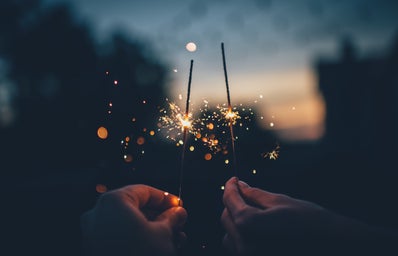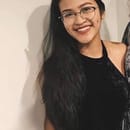The Black Student Alliance (BSA), starting up in January 2019 at Carleton, aims to create a sense of community for all Black students on campus.
Ose Omoregie, third-year social work student and co-president of the Alliance said when she first arrived to Carleton, she found many of the clubs for Black students were “very segregated.”
“There wasn’t really anything . . . for Black people in general, like irrespective of your nationality, gender and culture,” she said.
Omoregie said the Alliance will give all Black students at Carleton a space where they can feel welcome, supported and represented.
In the new year, the Alliance will strive first to breathe new life and awareness into the events and programs celebrating Black History Month in February, adding they will focus on Black history in the Canadian context.
“I feel like in general, when we discuss Black issues, we kind of get overshadowed by the American statistics, but let’s hone in on what’s happening in Canada,” she said.
Co-president Eileen Adams, a third-year health psychology student at Carleton, said the Alliance also seeks to create forums where Black students can discuss topics such as colorism, masculinity, sexuality, religion and mental health in a safe space.
Omoregie said she hopes these forums will acknowledge, welcome and encourage differing opinions.
“I feel like a lot of the time people think that because Black people kind of share the same skin color, that we have all the same ideas,” she said.
Adams said they have been sitting on the idea to create the Alliance since their first year of university. However, she said she felt it was important not to rush its establishment.
“We want to make something that is going to last and stay on campus even after we leave,” Adams said.
For this to happen they had to lay the groundwork, which included discovering what programs and services already exists for Black students on and off campus, Omoregie explained.
Adams, who frequented Ravens’ sporting events and was a mentor to fellow students, said she found the pulse of the school. On the other hand, Omoregie, who is an active volunteer in the community, said she learned the needs of the broader Black community in Ottawa.
Adams said this “collaborative effort” equipped the co-presidents with an understanding of what the BSA needs to be. Omoregie added the preparation also included reaching a level of awareness within themselves.
“You have to know who you are . . . to know what you stand for,” Adams said, who learned to love being “unapologetically Black” over the years.
“Coming into university and being in an institution where I was a minority, I sometimes felt that my experience was invalid,” Adams said.
She said this is a feeling shared among many Black students in academic settings, which highlights a need for the Alliance to openly address these issues.
Omoregie explained the BSA will provide individuals with a network to lean on for support.
“Sometimes you need someone who looks like you to tell you that you can do it,” Adams added.
The Black Student Alliance is not exclusive to Black students, according to the co-presidents. Omoregie said this is why they chose to use the word ‘alliance’ instead of ‘association.’
“We’re obviously welcome to anyone who isn’t Black and who isn’t part of that experience but who would love to help out with the club, to share new ideas and to raise awareness with us,” she said.
The Alliance will also aim to put on both entertaining and informative social events, provide mentorship and academic support and offer volunteering opportunities to give back to the community when they begin.



